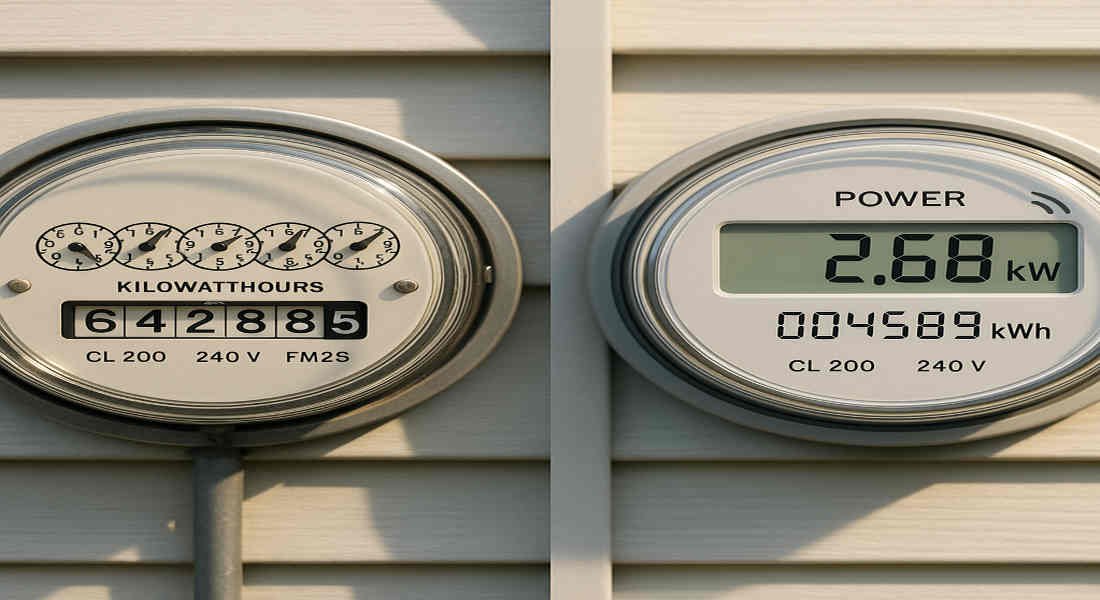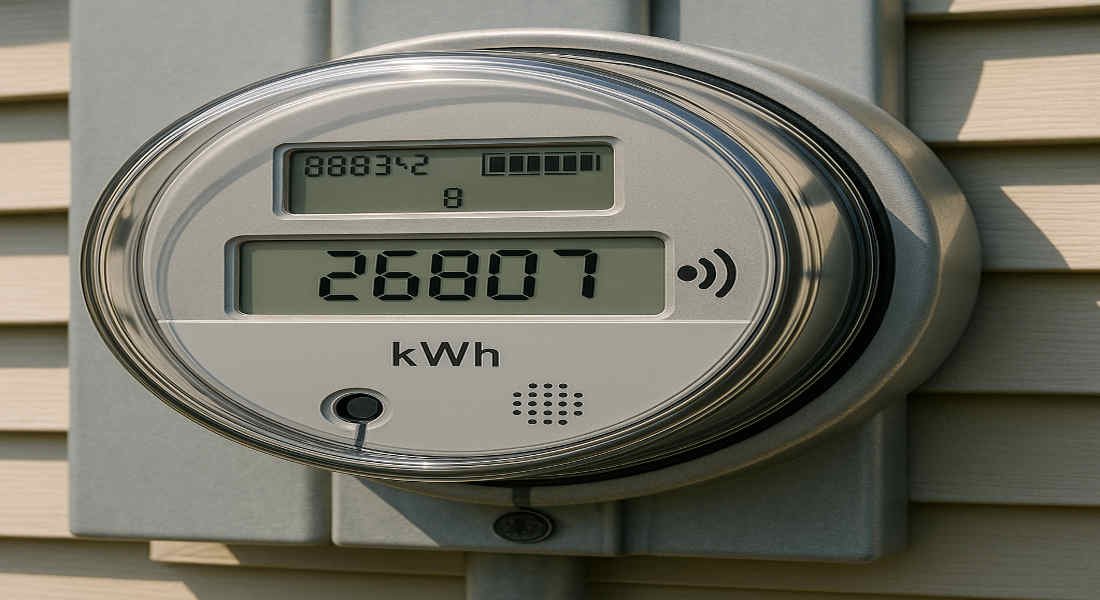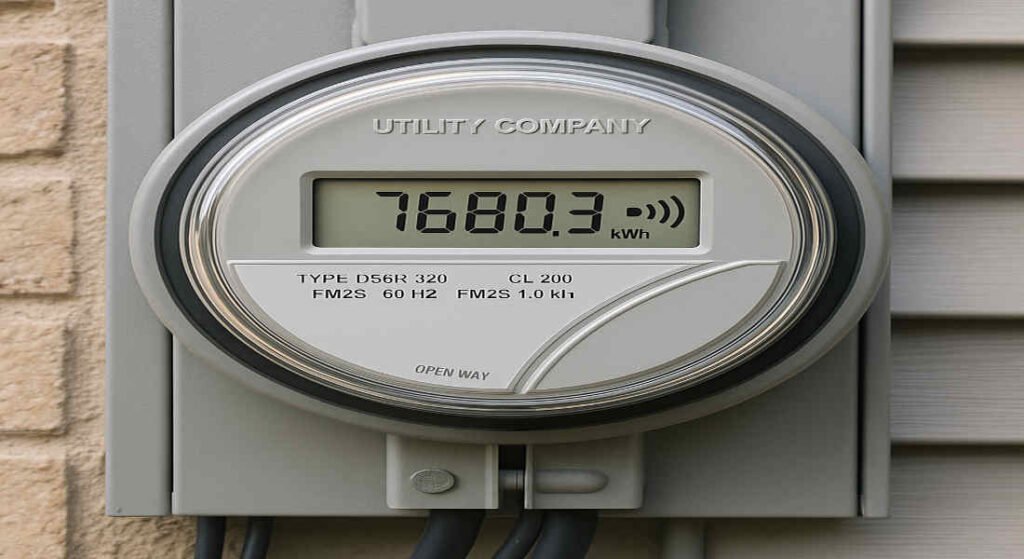Are you curious about how your home’s energy usage is tracked? With the rise of innovative technology, many households are being upgraded from traditional meters to smart meters—but not everyone is sure which type they have. Knowing whether you have a smart meter installed can help you better manage your energy consumption, access real-time data, and even save money on your bills. In this guide, we’ll help you determine if your home is equipped with a smart meter and explain why it matters for your household’s energy future.
What is a Smart Meter?
A smart meter is an advanced device that measures energy consumption in real time. Unlike traditional meters, which require manual reading, smart meters send data directly to your utility provider.
These devices capture detailed information about electricity or gas usage. They provide insights into how much energy you’re consuming at any given moment.
Smart meters use wireless technology to communicate with the utility company. This enables more accurate billing and improved resource management.
With this information, users can make informed decisions about their energy habits.
By adopting innovative technology, homes can achieve greater efficiency and lower bills. Smart meters represent a significant shift towards more intelligent energy management in residential areas.
Benefits of Installing a Smart Meter
Smart meters offer a range of advantages for homeowners. One significant benefit is real-time energy monitoring. This feature allows you to track your usage patterns, enabling better control over your electricity consumption.
With detailed insights into your energy habits, you can identify areas where you might cut back on usage and reduce those pesky utility bills.
Traditional meters often rely on estimates, but innovative technology measures actual consumption continuously. This means fewer surprises when the bill arrives.
Environmental benefits are also noteworthy. By encouraging efficient energy use and reducing waste, smart meters contribute to a more sustainable lifestyle.
These programs may include rebates or discounts that make the initial installation even more appealing.
You may also read (how to understand cma in house real estate).
How to Check if You Have a Smart Meter Installed
Do you have a smart meter? Start with a quick visual inspection. Check your utility room or the location of your existing meter.
Smart meters often come in sleek designs, many of which feature digital displays that show real-time energy usage. If your meter has buttons or communicates wirelessly, you’re likely equipped with one.
They can provide the most accurate information regarding the type of meter installed at your property.
Check for any notices from your provider regarding upgrades to smart meters; these are usually sent via mail or email when installations occur in your area. This way, you’ll be well-informed about what’s operating behind the scenes in terms of energy monitoring!
The Installation Process
Installing a smart meter is generally a straightforward process. Utility companies often handle the process, ensuring minimal disruption to your daily life.
First, you’ll receive a notification from your utility provider. This may include details about the installation date and time. It’s good practice to keep this information handy.
On the scheduled day, a technician will arrive at your home. They typically work quickly, usually completing the installation within an hour or two.
The technician will carefully remove your old meter and replace it with the smart version. Often, they’ll check for any potential issues during this transition.
After installation, you might be given instructions on how to access real-time data through an app or website. This step helps you monitor energy consumption right away!
You may also read (how to vent home plumbing through a wall effectively).
Concerns and Controversies Surrounding Smart Meters
Smart meters have sparked considerable debate. While many people appreciate the convenience and efficiency they offer, others raise concerns about privacy and health.
One primary concern is data security. Smart meters collect detailed information about your energy usage patterns, which can be accessed remotely by utility companies. Some worry that this could lead to unauthorized access or misuse of personal data.
Health issues are another hot topic. Critics argue that smart meters emit electromagnetic radiation, which may have a long-term impact on human health. Scientific studies on this subject have yielded mixed results, leading to widespread apprehension among specific communities.
Despite these controversies, many utilities continue to move forward with innovative metering programs as part of broader efforts to modernize their infrastructure and promote energy conservation measures.
These discussions underscore the importance of ongoing dialogue between consumers and service providers regarding transparency, safety standards, and the role of technology in our lives moving forward.
You may also read (unveiling the earnings of real estate house lawyers).

